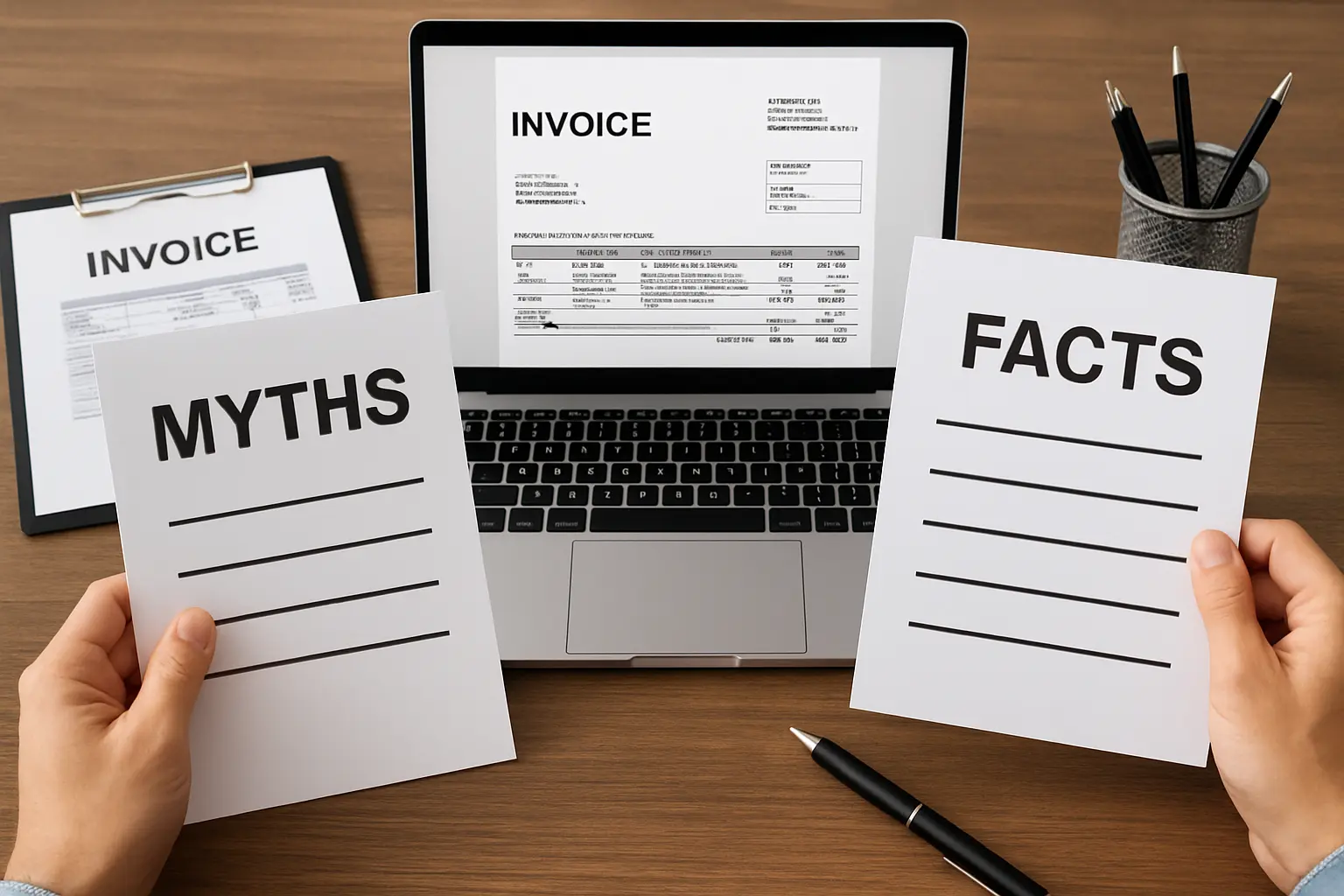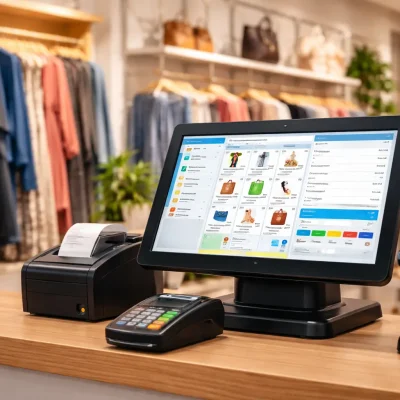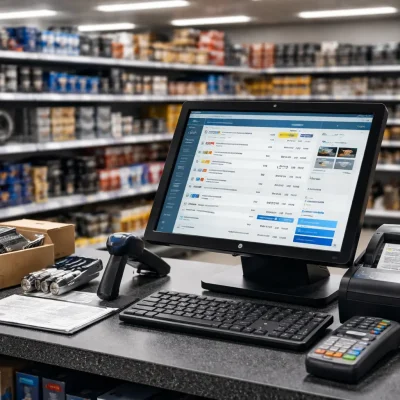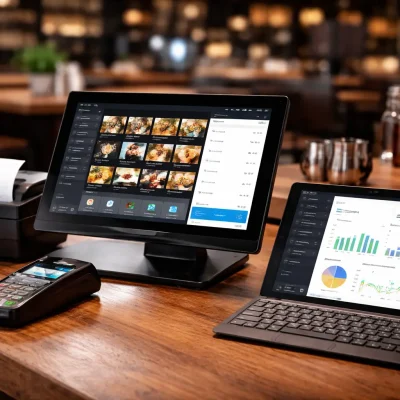What Every Business Owner Needs to Know
In alignment with the Digital Pakistan initiative, the Federal Board of Revenue (FBR) has taken significant steps to modernize and streamline tax collection. One of the most important of these efforts is the implementation of the FBR e-invoicing system. Designed to improve tax compliance and reporting efficiency, this system is meant to benefit businesses of all sizes. However, despite its advantages, there remains considerable confusion and misinformation surrounding digital invoicing in Pakistan—especially among small and medium enterprises (SMEs).
Many business owners see e-invoicing as an overly complex or unnecessary burden, often due to a lack of understanding of how it actually works. In this blog, we’ll explore the most common myths about FBR digital invoicing and clarify the realities that every Pakistani business should be aware of.
Myth 1: FBR Digital Invoicing Is Only for Large Companies
A frequent misconception is that FBR e-invoicing is only mandatory for large corporations. It is easy to understand why small business owners might hold this belief, as digital systems often appear designed for enterprises with advanced accounting departments.
In reality, however, this assumption is incorrect. The FBR e-invoicing system is mandatory for all sales tax-registered businesses, regardless of their size. Whether you operate a retail store, a wholesale business, or a service-based company, if you are registered for sales tax, you are legally required to issue digital invoices through the FBR system. Ignoring this requirement can lead to serious consequences, including fines and audits. Therefore, it is essential for small business owners to understand that digital invoicing is not just for large companies—it applies across the board.
Myth 2: The System Is Too Complicated for Small Businesses
Another widely held belief is that the FBR digital invoicing system is too technical or difficult for small business owners to implement, particularly those without dedicated IT teams. This fear often discourages businesses from even attempting to transition to a digital system.
However, the FBR has designed its e-invoicing platform to be accessible and user-friendly. Integration support is provided in the form of detailed documentation, guides, and responsive customer service. Moreover, most POS systems and accounting software in Pakistan can be connected to the FBR system using standard APIs. Once connected, invoices are generated and transmitted automatically, eliminating the need for manual input or paperwork. In many cases, businesses find that digital invoicing is actually easier than traditional methods, and once they switch, they never look back.
Myth 3: Digital Invoicing Is Just an Extra Cost
A common concern among small businesses is that FBR e-invoicing adds unnecessary expenses to their operations. This perspective usually stems from the costs associated with upgrading systems, training staff, or hiring professionals for integration.
While there might be some initial investment involved, this view overlooks the long-term savings and operational improvements. Digital invoicing significantly reduces manual errors, lowers printing costs, and speeds up the tax filing process. It also allows for quicker input tax claims and easier access to historical financial data during audits. Furthermore, with real-time data submission, businesses can enhance their cash flow management and tax planning. In the long run, these efficiencies lead to cost savings and improved business performance, making digital invoicing a valuable asset rather than a burden.
Myth 4: E-Invoicing Is Not Safe for Sensitive Business Data
Security concerns are also common, especially in an age where data breaches make headlines regularly. Some businesses fear that using an online invoicing system might expose their financial data to cyber threats or unauthorized access.
This concern, while understandable, is not supported by the facts. The FBR has implemented strong cybersecurity protocols to ensure that all transactions are protected. Data sent through the e-invoicing system is encrypted, and access is managed through secure authentication methods. Furthermore, all sensitive information is stored on official government servers, not on third-party platforms. As a result, digital invoicing is often more secure than paper-based systems, which can be lost, forged, or mishandled. Adopting a secure digital invoicing system helps protect your business and builds trust with clients and regulatory authorities.
Why FBR E-Invoicing Matters for Every Business
Understanding the benefits of FBR e-invoicing helps explain why it is becoming a cornerstone of business operations in Pakistan. First and foremost, it enables automation of tax processes, which means less time spent on manual invoicing and more focus on growth. It also brings transparency to financial operations, creating a credible and traceable record of every sale. The system accelerates the processing of payments and tax returns, helping businesses manage their cash flow more efficiently.
Moreover, as businesses scale, digital systems are easier to audit, maintain, and expand. With the FBR focusing more on compliance and documentation, e-invoicing provides a structured and legal framework for companies to operate confidently and sustainably.
How to Start with FBR Digital Invoicing
For businesses new to the concept, getting started with FBR e-invoicing in Pakistan might feel overwhelming. But the process is more straightforward than it seems. Begin by confirming whether your business is on the list of entities required to issue e-invoices. Then, register your business through the official FBR portal.
Next, contact your software vendor or IT consultant to check for compatibility with the FBR’s API standards. Integration can be done through approved software tools or directly with FBR’s systems. Once integrated, make sure your staff is trained and your invoicing workflow aligns with compliance guidelines. Numerous FBR integration service providers in Pakistan can assist you with setup, software, and support—so you’re never alone in this process.
Embrace the Future of Business: Go Digital Today
The transition to digital invoicing in Pakistan is more than just a regulatory requirement. It represents a shift toward smarter, faster, and more secure business practices. Unfortunately, outdated myths still prevent many companies from taking advantage of these benefits.
Let’s quickly recap the truth:
-
FBR e-invoicing is mandatory for all sales tax-registered businesses—not just large enterprises.
-
The system is designed to be simple and compatible with most modern POS or accounting tools.
-
While initial setup might involve some cost, long-term savings and operational efficiency outweigh them.
-
The system is highly secure and protects your data better than traditional methods.
Need Assistance with FBR E-Invoicing?
If you’re unsure where to start or need professional help integrating your business with the FBR e-invoicing system, OneClick is here to help. We specialize in seamless POS integration, FBR compliance, and custom invoicing solutions tailored for businesses across Pakistan.
Let us take the stress out of compliance while you focus on growing your business.





2 Comments
Need information regarding digital invoicing
Kindly share your contact number at info@eyeconconsultant so I can connect you with our sales team.